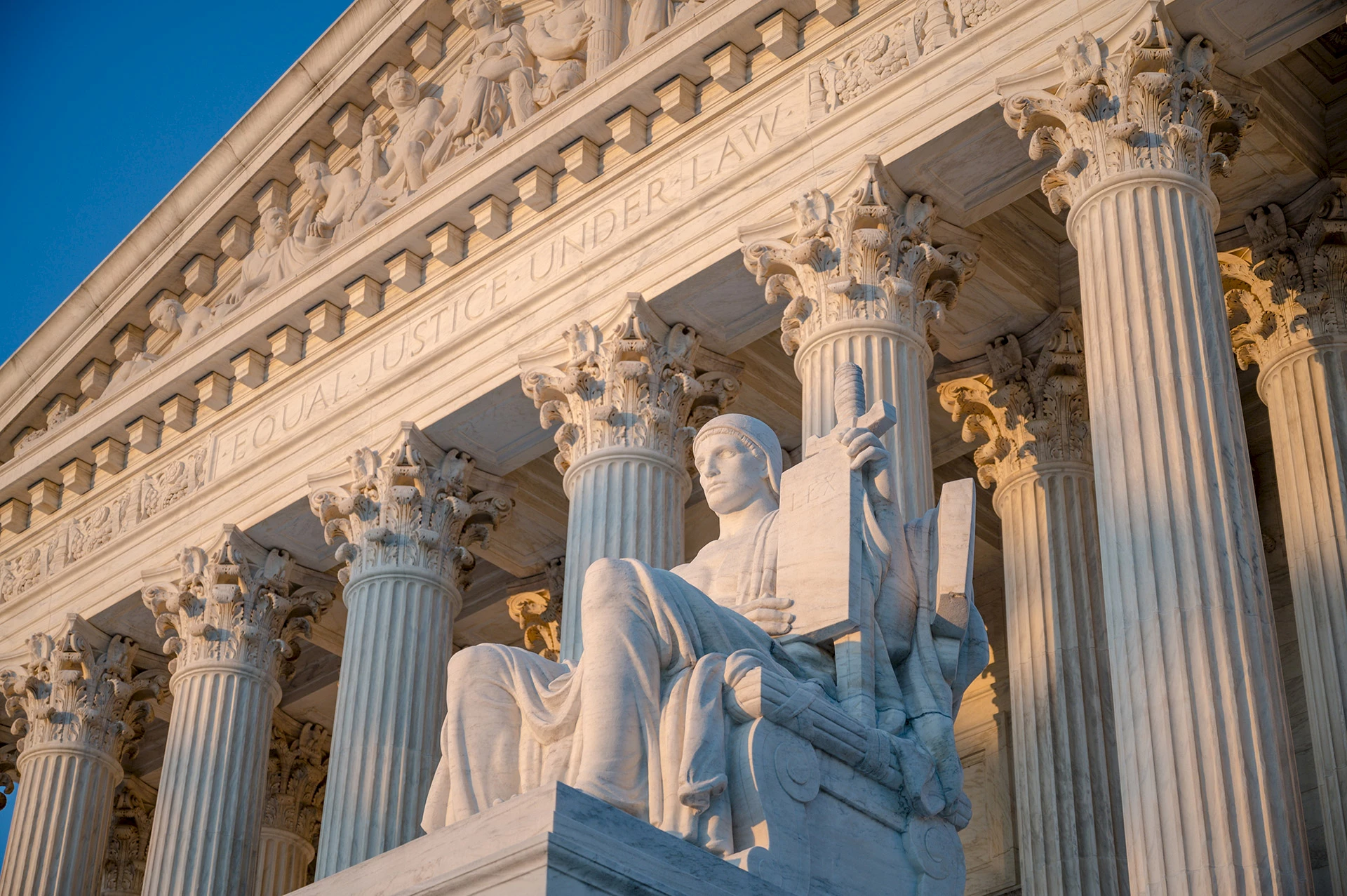Google victorious over Oracle in the Supreme Court

US Supreme court in Washington DC. © iStock.
The United States Supreme Court has ruled in favor of Google in the 11-year legal battle between Google and Oracle over the copyright of application programming interfaces (APIs). The ruling means Google won’t have to pay Oracle billions of dollars in damages, but it also has important ramifications for the software industry in general. A reverse decision could have resulted in a flood of lawsuits against software companies that reimplement others’ APIs.
The case dates back to Google’s acquisition of the Android platform in 2005. At the time, Google decided to base Android on Sun’s Java programming language, making it easier for Java programmers to write code for the platform. Though Google devised its own Java API, it used, for compatibility’s sake, identical method names and argument types to Sun, as well as its class and package hierarchy. In 2009, Oracle acquired Sun and, shortly thereafter, sued Google, arguing that Google’s version infringed Sun’s copyright. Over endless years of litigation, Google twice won the first round, but the decision was overturned each time by the United States Federal Court of Appeals. The case finally reached the Supreme Court last year.
Speaking for a majority of six, Judge Stephen Breyer ruled that Google’s use of Java API calls was permitted under the doctrine of fair use. Oracle disagrees with the finding, claiming it has strengthened the power of Google and undermined the ability of other companies to compete. In a dissenting opinion, Justice Clarence Thomas wrote to his peers that he believes “the majority cannot square its fundamentally flawed fair-use analysis with a finding that declaring code is copyrightable.” For its part, Google sees it as a victory for consumers, for interoperability and for the software development industry.
⇨ Ars Technica, Timothy B. Lee, “How the Supreme Court saved the software industry from API copyrights.”
2021-04-06
